Aite, first things first. To understand how the Indian internet may change, you need to understand how it works right now.
So, the way India has air and land and water, we also have invisible communication pathways in the air, divided into various spectrums.
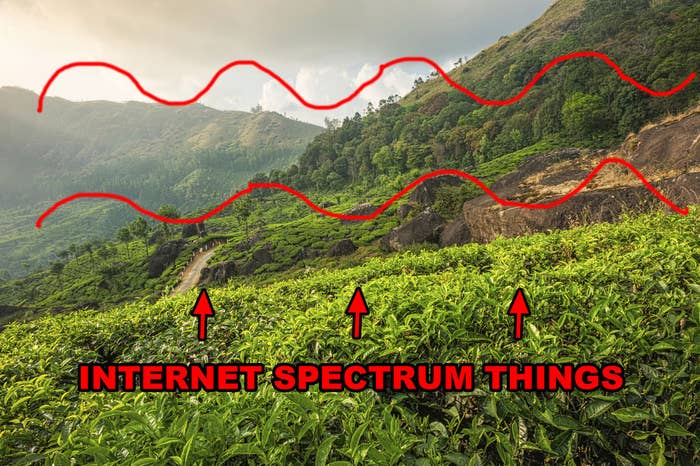
That's why you hear people say things like "3G spectrum" and "4G spectrum". Those are basically different invisible highways in the air on which we can send and receive information.
To maintain some sort of order in the world, the government controls the rights to use these information pathways.
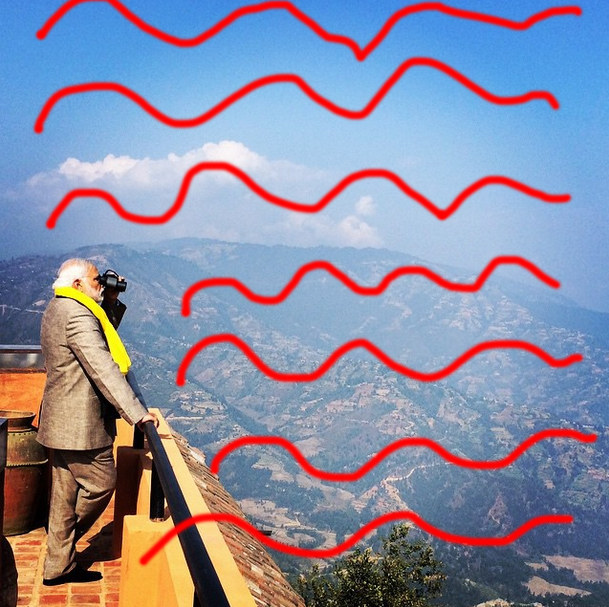
So telecom companies – like Airtel and Reliance and stuff – buy the rights to use those pathways from the government.
And then YOU pay those telecom companies to buy little bits of those highways. (For instance, I pay Vodafone to send and receive 12GB worth of info on those highways per month.)
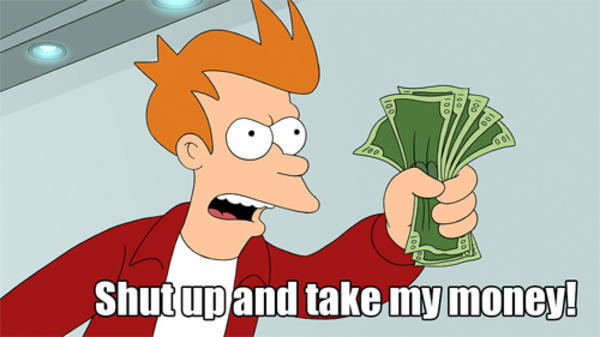
Right now, you pay the telecom companies to use their data, but you can do whatever you want with that data once you've paid for it.
So, if I pay Vodafone for 12GB a month, I can use it to shop for vintage cat posters or surf porn or study geology, and Vodafone will give me the same speed and price regardless of what I'm doing.
That promise from telecom companies – that your data's speed and price will be consistent REGARDLESS of what you're doing online – is what net neutrality is.
Here's its fancy-ass definition (thanks Google!). We put it on a stock photo so you have something to look at while you read:
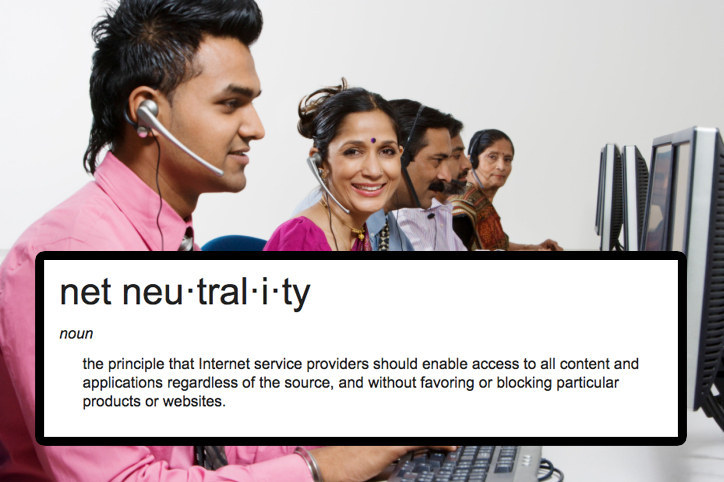
OK, you just learned a lot. Take a break by enjoying this amazing GIF:
Alright. So net neutrality sounds like a good system, right? What's to freak out about, you ask? I WILL TELL YOU.
Telecom companies are really pissed that apps and services (like WhatsApp and Skype and FaceTime) use their spectrum internet highway space, and they (the telecom companies) don't make any money off it.
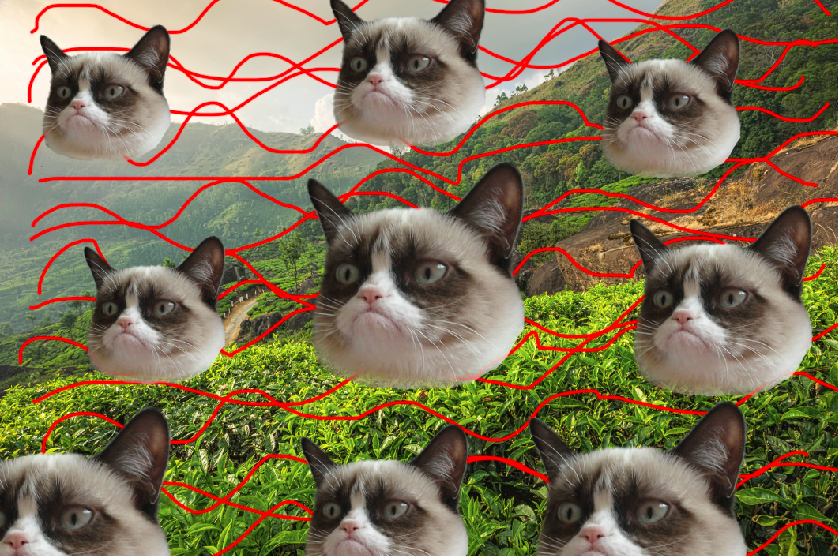
So they went to TRAI and asked that regulations be changed such that people pay a basic amount for internet access, and then pay them EXTRA to use "Over The Top" services i.e. messaging apps, video streaming apps, etc.

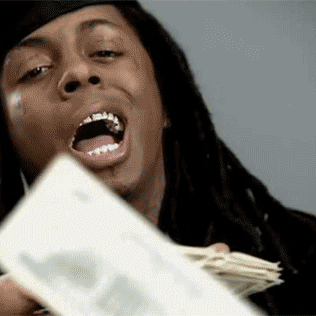
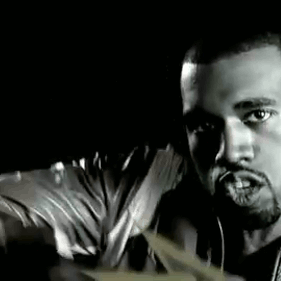
I can tell I'm losing you. OK, I know. Just pretend Laddoo is a telecom company and Big B is the TRAI.
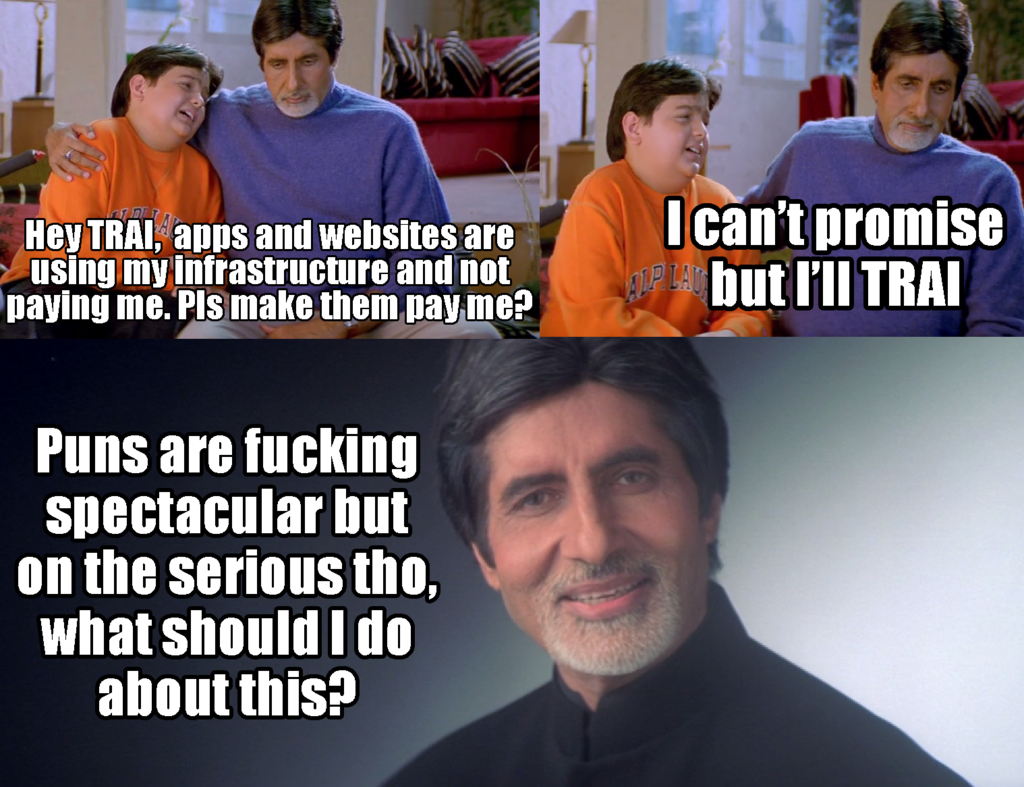
Oh, and telecom companies are also asking for the right to strike deals WITH some of these apps and services, so those particular apps will run faster and cheaper on their network than others.
DOES YOUR BRAIN HURT FROM ALL OF THIS INFORMATION? Take a break by listening to this timeless classic.
View this video on YouTube
Bet you used to think you had the answers to everything, huh?
I know it's tough to understand. But basically, what telecom companies want to do to the internet is like:
• Rickshaws taking you to their favourite restaurants for free, but making you pay extra to go at the same speed to certain other restaurants.
• Sabzi walas charging you more for good quality tomatoes if you're cooking certain dishes and less if you're cooking others.
• Highway tolls being higher if you want to go certain restaurants, and lower if you're going to others.
(Wow apparently I'm mad hungry.)
That way of running the internet is a threat to net neutrality (i.e. telecom companies' promise to not meddle with what you do once you've paid for their data).
SO anyway. Where we're at now is: Telecom companies have asked TRAI to make these changes, and TRAI has gone, "¯\_(ツ)_/¯".
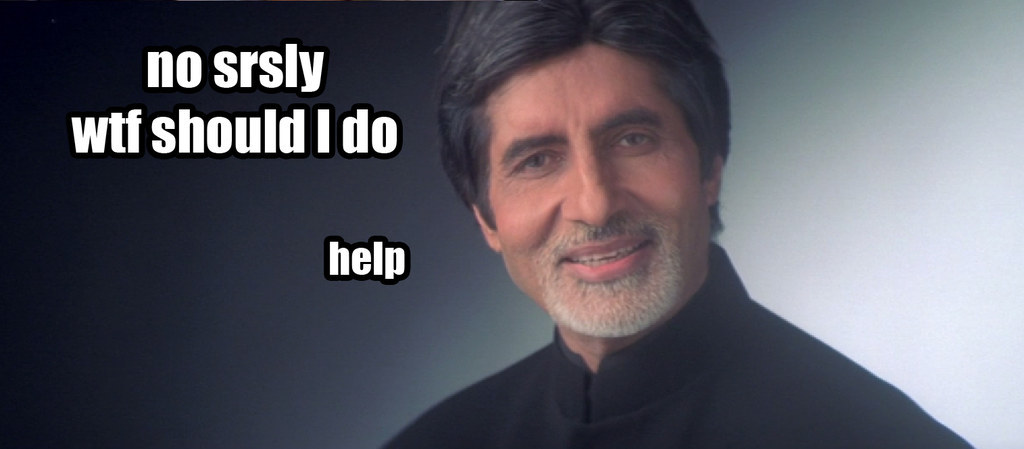
Internet activists have been rallying people to write in to TRAI in support of net neutrality. The movement has united under the hashtag #SaveTheInternet.
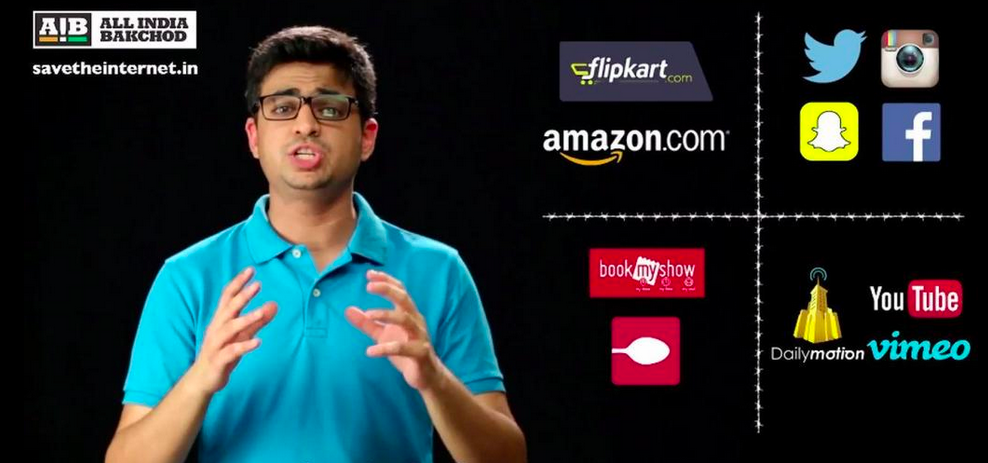
Celebrities have joined in, too.
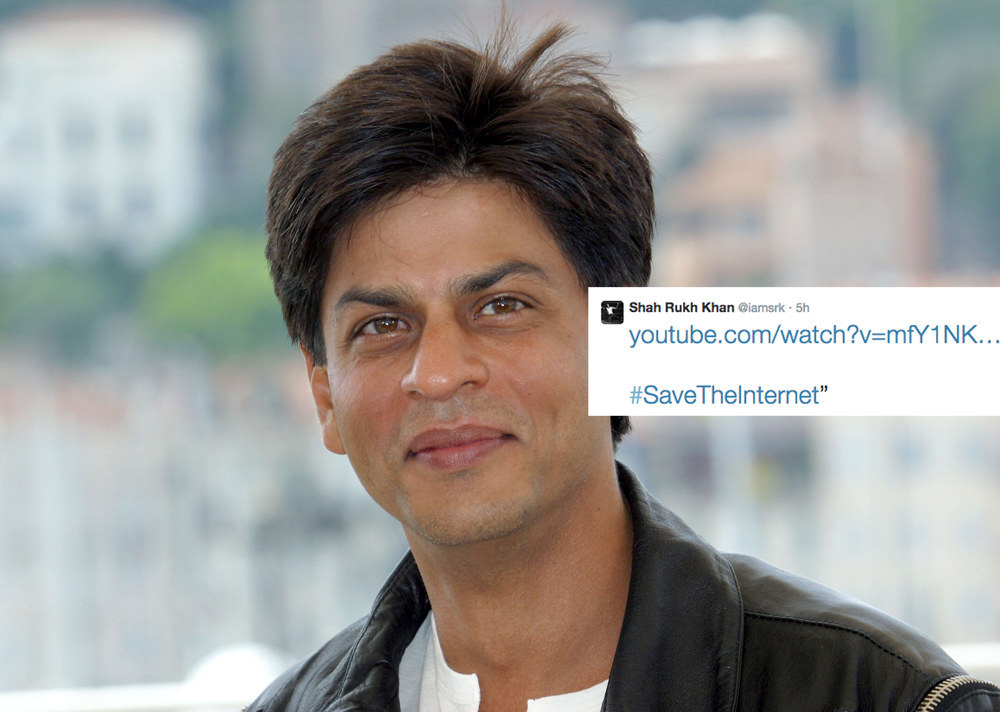
And India's Reddit community has been campaigning hard to preserve net neutrality as well.
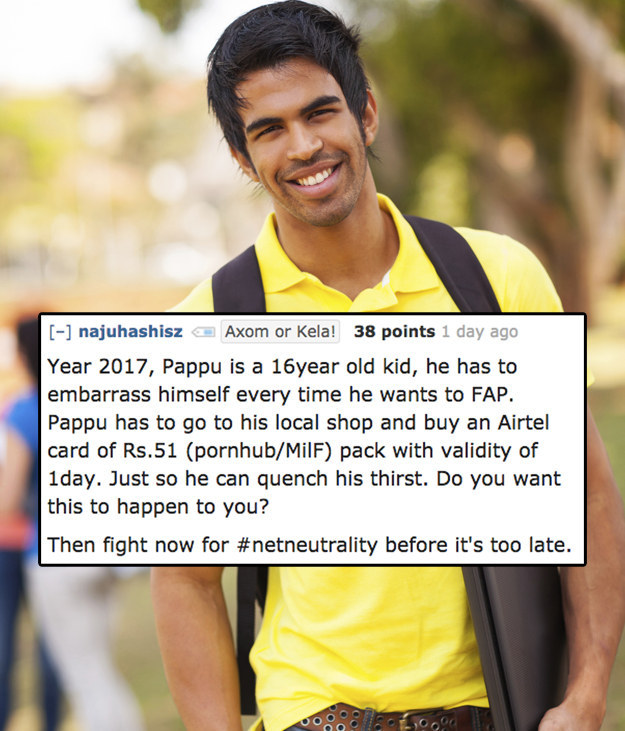
A new website called SaveTheInternet.in makes that process extremely easy, allowing users to email TRAI with a single click.
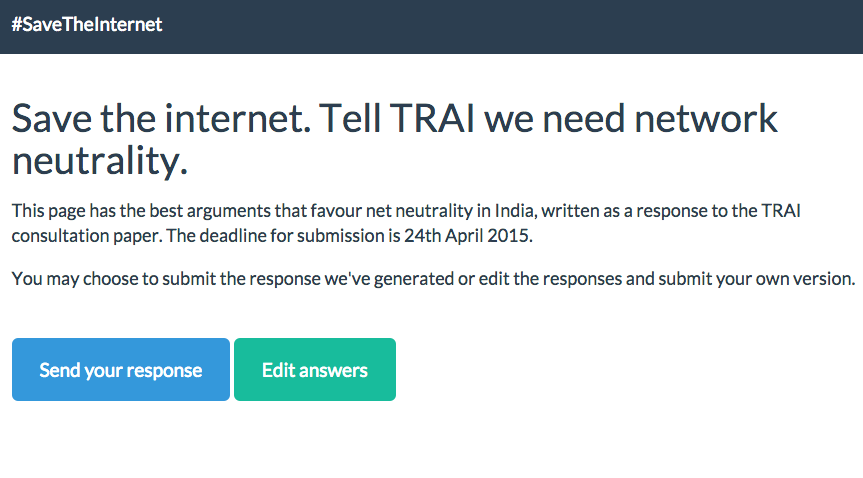
Various major brands have come forward in favour of net neutrality:
@redditindia Amazon has always supported #NetNeutrality.
NDTV supports #netneutrality. Here's what the debate is about http://t.co/AZl53ORXj0
And on Saturday night, #SaveTheInternet was India's #2 trending topic on Twitter (second only to cricket, which, obz).
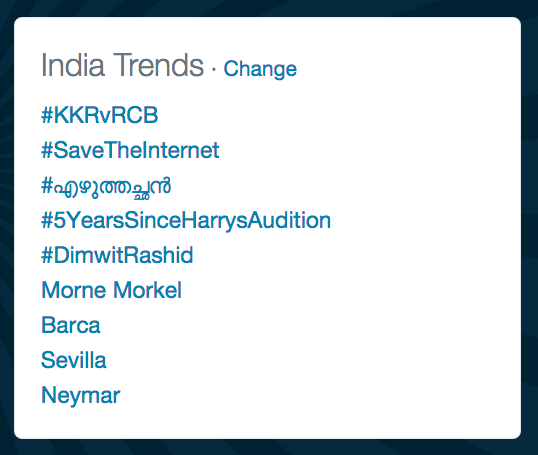
Meanwhile, Airtel has gone ahead and announced "Airtel Zero," a platform via which users will get free access to certain apps (apps that have struck deals and paid Airtel), but will have to pay for others.
If that concept sounds familiar, it's because you read about it a couple of minutes ago. Remember?
That's right. "Airtel Zero" is making a splash as a well-timed violation of net neutrality. And Flipkart has signed on.
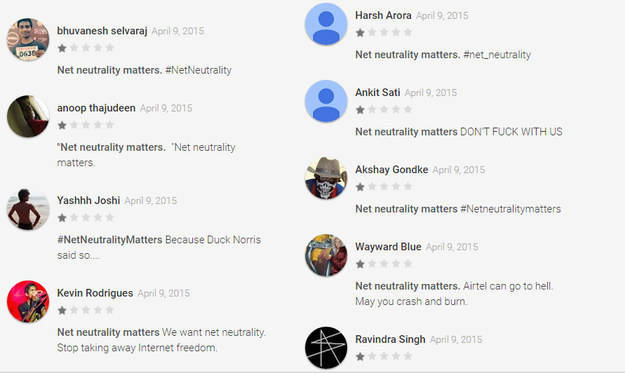
And a lot of people aren't thrilled about it. Here's Zomato's founder, Deepinder Goyal:
Couldn’t have built Zomato if we had a competitor on something like Airtel Zero. (1 of 2)
Calling Airtel Zero fair and not a violation of net neutrality is bs. (2 of 2)
*Wipes sweat off forehead* Lots of learning, huh? Here, relax with this GIF:
A quick recap:
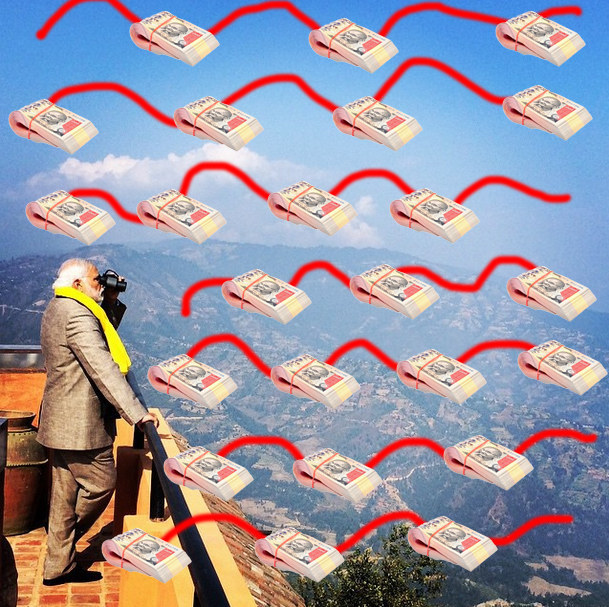
Now:
What people are afraid will happen if India loses net neutrality:
If you chose to #SaveTheInternet, go over here and do it.
If you're feelin' pretty chill, just hang tight and see what happens.
And if you're still confused, here's some more material that may help:
• Watch All India Bakchod break down the net neutrality debate.
• And read everything there is to know about the Indian internet's fraught governance.


